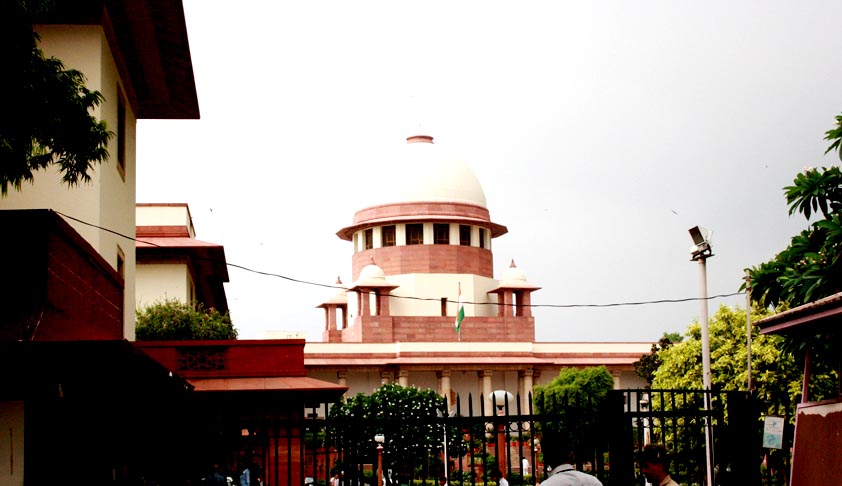Pardoning Power of the President Should Not Be Questioned: Centre to SC
LIVELAW NEWS NETWORK
29 April 2014 1:39 PM IST

Next Story
29 April 2014 1:39 PM IST
Centre on Friday told the Supreme Court that Courts should not inquire into a decision of the President’s Pardoning Power, saying that it is beyond the light of any question.In an affidavit filed in the Supreme Court Centre said that the power to grant clemency is an attribute of sovereignty and Court ought not to inquire into the merits of the exercise of the prerogative.Affidavit was filed...
